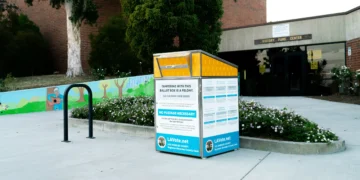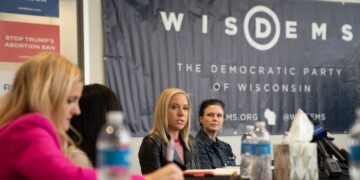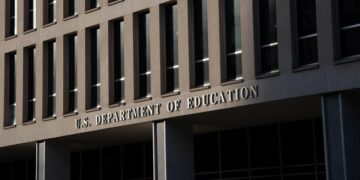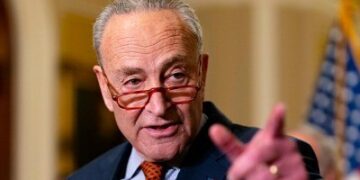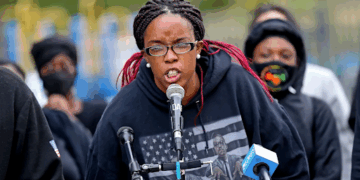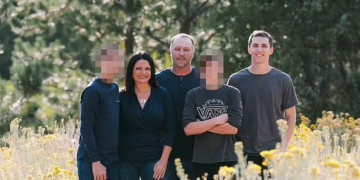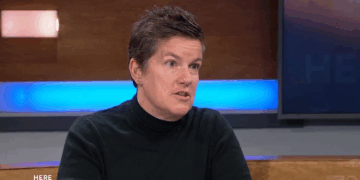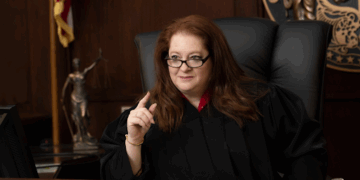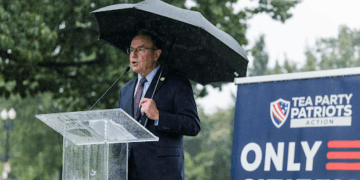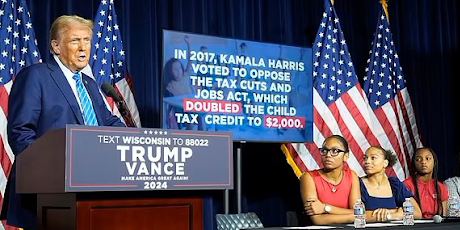President Donald Trump’s sweeping tax-and-spending proposal—nicknamed the “Big Beautiful Bill”—features a landmark federal school choice initiative. But its potential effect in Wisconsin remains unclear, as implementation depends on whether Governor Tony Evers chooses to opt in.
The legislation creates the first-ever federal tax credit scholarship program. The purpose of the program is to expand education options for families outside of the traditional public school system. Under the new law, individual taxpayers can receive a 100% federal tax credit for up to $1,700 in donations to state-approved scholarship-granting organizations. These organizations then award tuition scholarships to K-12 students to attend private or religious schools.
Unlike earlier drafts of the bill, the final version includes an opt-in requirement at the state level. Without action from Wisconsin’s governor, private schools and families in the state will not have access to these scholarships. That decision now rests solely with Gov. Evers.
Evers has long been opposed to expanding private school choice, and his previous budget proposals included policies that would have slowed growth in the state’s choice programs through attrition—including a proposal to freeze enrollment and cap participation.
The stakes are significant. It is estimated the program could funnel millions of dollars in new resources to private schools across the state. Because there is no cap on the number of students who can benefit and no national ceiling on overall donations, the program has the potential to transform the educational landscape.
Critics of the program point to unclear implementation details, including how much money each child might receive, whether homeschoolers qualify, and what counts as eligible educational expenses for public school families. (RELATED: Wisconsin Budget Boosts K-12 and School Choice Funding in Compromise Deal)
The mechanism—relying on private donations to nonprofits in exchange for tax credits—also differs significantly from direct voucher programs used in many Republican-led states. The U.S. Treasury Department will release implementation rules before the law takes effect on January 1, 2027.
The opt-in process requires state officials to submit a list of eligible scholarship organizations to the federal government. That gives Gov. Evers or his designated representative significant gatekeeping power over whether the program becomes a reality in Wisconsin.
With the law officially signed on July 4, states are expected to begin submitting participation documentation before the 2026 tax season. If Evers declines to act, Wisconsin families may be locked out of what proponents call the biggest school choice expansion in federal history.

